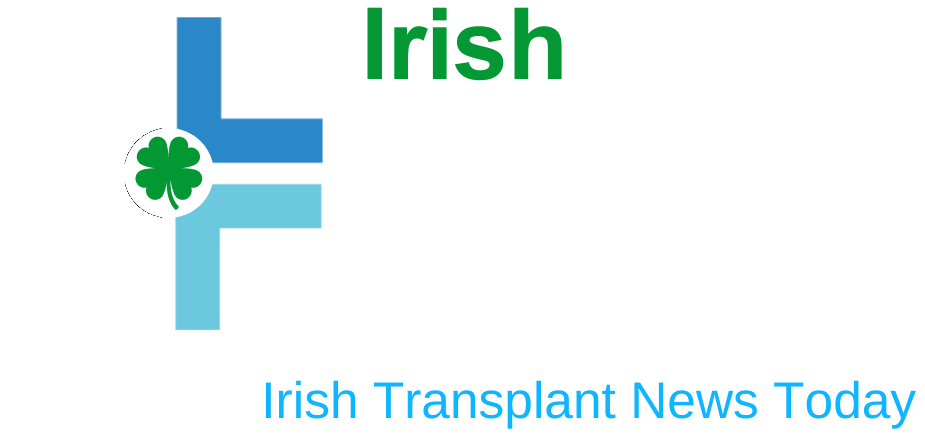The mother of a two-year-old girl whose organs were donated posthumously said she “continues to live on with the four lives she saved” and appealed to people to support organ donation.
At the event to launch Organ Donor Awareness Week, we also heard that an opt-out donor system is expected to be operational by the end of December.
Marie Keeley recalled that Hannah was the light of their lives and loved helping her husband, Dennis, feed their calves. Marie's voice breaks as she explains that after the tragic accident, Hannah was pronounced brain stem dead at CHI on Temple Street.
“That week, when we realized that the miracle we all so desperately wanted wasn't going to happen, we made the profound decision to donate our daughter's organs,” she said.
“For us, it would have been enough if even one family didn't end up in the situation we were in. But our little Hannah went on to save four families.”
She told how Hannah's “little heart” went to a boy, part of her liver to a premature baby, her small intestine and small colon to another boy, and how her kidney went to a young mother. .
“It feels surreal sometimes to think that there are parts of our little girl who are working away from other people,” said the heartbroken mother.
It added: “Her memory lives on in the four lives she saved and the countless lives she touched through her precious gift of organ donation.”
Derek O'Sullivan, from Cork, said he was 46 years old and thanks to the donor he was a husband and father of two children.
“In 2018, my life was saved by a heart transplant,” he said, adding that on the anniversary of his transplant, he ran a 5km race on Bere Island.
He was diagnosed with sustained ventricular tachycardia at just 25 years of age. Despite treatment at Cork University Hospital, by 2017 his health deteriorated and he was diagnosed with end-stage heart failure shortly thereafter.
Now he said this. “I get to live a life, my kids get a father, and it's all because of my donor.” He said the family was “decent enough” to donate. He called on others to do the same.
But Sarah McEvoy spoke out about the tragedy that befell her family last year when her brother Kevin, just 34, lost his heart. He was diagnosed with heart failure in 2019 and died alongside his wife of two years and a new father.
“I could stand here for hours and talk about how strong my brother was and how much of a fighter he was until the end, but none of that mattered,” she said.
“Many things depended on Kevin's survival. His life depended on a new heart. A heart that belonged to someone else. There was a lack of suitable donors. There was no suitable heart.”
Despite her newfound sadness, she said:
Her plea was supported by Bernie Glynn, 77, who said a kidney transplant in 1979 changed her life.
“It's been working beautifully ever since. We're so grateful to the donors and everyone involved,” she said. “I had a very good life. I worked most of my life and retired at 60.”
Her husband Albert, now deceased, was a founding member of the Irish Kidney Association (IKA).
Health Minister Stephen Donnelly praised IKA's impact on human tissue law. This introduces an opt-out donor system where everyone is presumed to be a potential donor.
“We are working to get it up and running this year,” he said. “That would be a very significant change.”
Dr Catherine Motherway, head of the Irish HSE Organ Donation and Transplant Unit and former head of intensive care at University Hospital Limerick, said that over 60 years, “we have supported around 3,200 deceased donors and more than 660 living donors. “More than 7,800 transplants have been performed here.”
“Organ donors save lives,” she said.
“In our very suffering and unstable world, they are a beacon of pure goodness, showing us the best of humanity that people give and share with others.”
There are about 600 people on the organ transplant waiting list. Last year, 282 transplants were performed, 32 more than in 2022, thanks to the families of 95 deceased donors and 30 living kidney donors.


